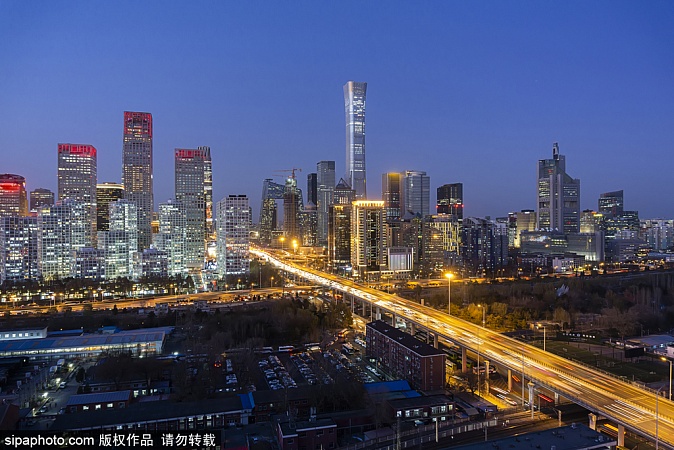The idea of multilateralism is being constantly challenged by forces determined to change the world to suit their narrow, selfish interests at a time when world economic growth has shrunk and global economic and trade frictions are rising.
These developments have created a not so favorable situation for the Chinese economy, yet they have not affected it seriously. China has stood firm, furthering its domestic development and minimizing the impact of external factors. It has overcome difficulties and achieved the main targets. Given the past years’ global trends, China registering 6.1 percent growth in 2019, creating 13.52 million urban jobs and keeping the unemployment rate at 5.3 percent is praiseworthy.
China has already made three critical achievements. First, it has drastically reduced the rural poor population and brought the poverty headcount ratio to 0.6 percent. Not only have people’s living standards improved but also per capita disposable income has reached 30,733 yuan ($4,200). Also, the urban population now accounts for about 60 percent of the total.
Second, the country has intensified measures to prevent and control pollution, by reducing emissions of major pollutants and thus improving the overall environment.
And third, China has more or less stabilized its financial sector, and to promote higher-level opening-up and attract more foreign investments, it is further reducing taxes and fees, and setting up new free trade zones.
Since technology-led innovation and upgraded traditional industries are considered new growth drivers, they will get more government support.
In particular, at a time when the world is battling the novel coronavirus pandemic, it is all the more important to increase investment in the science and technology sector, including research and development.
Besides, China remains committed to realizing Belt and Road Initiative projects-which are mutually beneficial for all participants. And without any hidden agenda, China has invited all countries to join hands to build a community with a shared future for mankind.
But, unfortunately, the pandemic has stalled quite a few of the mutually beneficial projects. Although it is still too early to gauge the overall effect of the COVID-19 outbreak on not only the Chinese economy and society but also the rest of the world, it is evident that China has been making all-out efforts to offset its impact.
As the Chinese economy shrunk 6.8 percent in the first quarter of this year, the government should help the economy return to the growth track by providing necessary help for enterprises, especially small and medium-sized ones. If needed, it should also issue special bonds to keep production lines moving and the service sector running. Being an engine of global economic growth, China also has to maintain steady and healthy growth.
Given the threat COVID-19 still poses to humans, it is imperative that the government take measures to support scientists so they can develop a vaccine against the novel coronavirus. In fact, only a vaccine can ensure the global economy’s gradual return to the pre-outbreak stage. Until that happens, it would be illusory to make any plans for further development. But thanks to effective policies and supervision, China will succeed in fully containing the virus and pursuing high-quality economic development.



